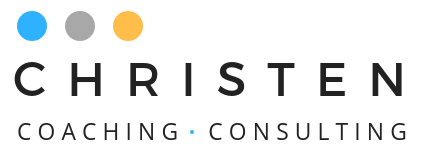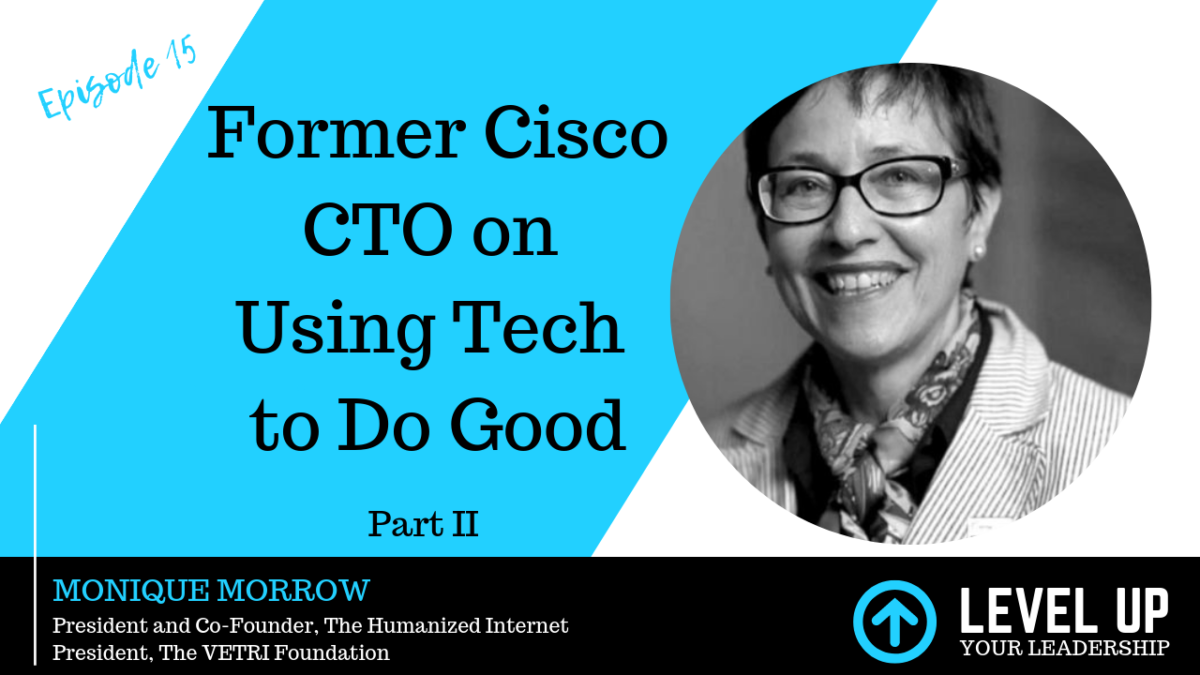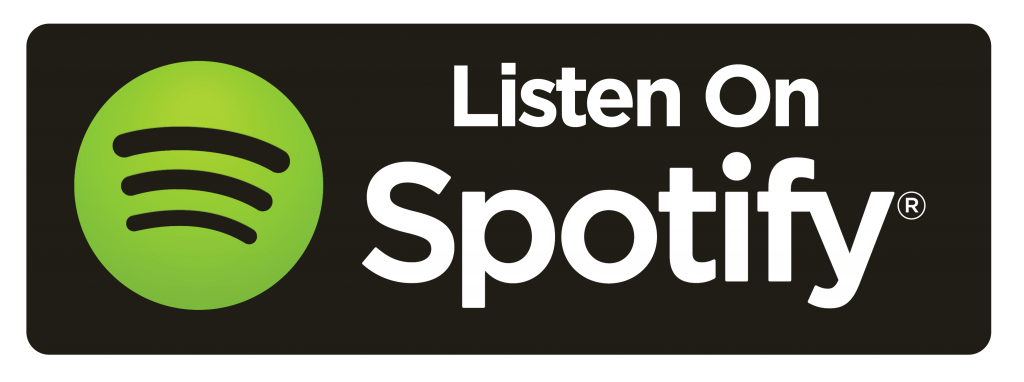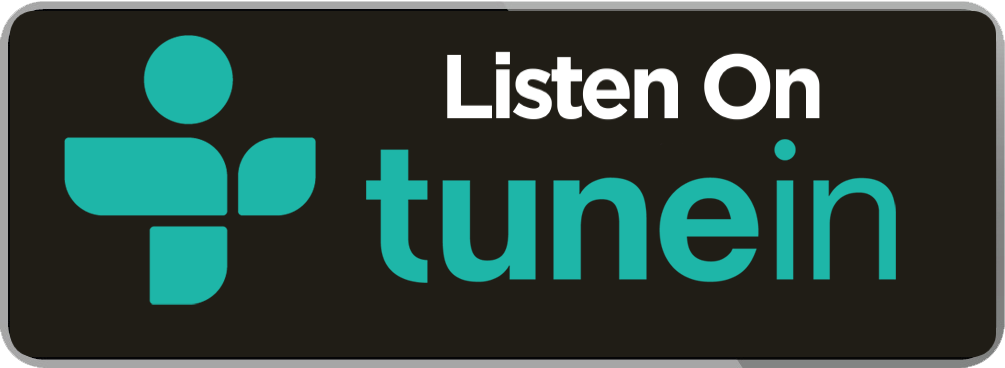Podcast: Play in new window | Download
Subscribe: RSS
So many fascinating anecdotes, we had to create a Part II
Click here to listen to Part I of this two-part series:
Episode 14: Former Cisco CTO Monique Morrow on Using Tech To Do Good (Part I)
A quick refresher on Monique Morrow: She is a former CTO at Cisco and the current President at two tech start-up firms based in blockchain. She is the President and Co-Founder of The Humanized Internet, a non-profit organization focused on providing a digital identity for those individuals most underserved. She is also the President of The VETRI Foundation, whose mission is to empower individuals by providing them with trusted digital identity solutions they can fully own and control (ie, no other big business owns your data anymore – YOU own it!).
Monique has been recognized for her work with phenomenal awards, including:
- Forbes top 50 Women globally in Tech 2018
- Top 10 CIO
- 2017 laureate of the Committee for the Henley & Partners Global Citizen Award
- Top 100 Digital Shapers 2018 in Switzerland.
- Top 10 Influential IT Women in Europe
In This Episode
In this episode of Level Up Your Leadership, Monique and I talk about:
- How YOU have the power to make small changes right now that can save the world
- The mindset difference between success at a large company and success at a startup
- What surprised Monique most about becoming an entrepreneur
- Monique’s career advice for leaders today
- Why everyone has the right to dignity and the right to work … and how governments need to be part of making that happen
To learn more about Monique, check out her website or connect with her on LinkedIn and Twitter.
If you’re interested in how we can shape the future of tech to serve us, you’re going to want to tune in to this episode of Level Up Your Leadership wherever you love to listen to podcasts.
OR you can read the full transcript below. Enjoy!
Lisa
If you enjoyed the podcast, please rate and review it on iTunes or Google Play – your ratings make a big difference in helping others discover Level Up Your Leadership. Want future episodes automatically delivered to your device? Be sure to subscribe. Thanks for listening!
Monique:
If you see that what you are developing is probably not going to be for the greater good, then you need to sort of call it out and or you say this is the intentional use of what we developed and for what purpose just as you would for a brand of cigarettes that would cause you cancer. Be declarative about what it is you do and then you have fair data, you have some sort of social good stamp, it doesn’t matter if you work for a big company or you work for a small/medium enterprise, we all are responsible at the end of the day.
Lisa:
That’s Monique Morrow speaking. Welcome back to part II of my interview with Monique. I’m your host Lisa Christen welcoming you back to this episode of Level Up Your Leadership, the podcast on how 21st century leaders acquire the skills they need to thrive in the ever-changing digital workspace. Now as I mentioned last time Monique Marrows had a stellar career, she was the former CTO as Cisco and she is running two companies right now. She’s the president and co-founder of The Humanized Internet, helping people to keep their digital identity. So what does that mean? You’ll have to listen to find out! Also, she is the president of the VETRI Foundation, where they’re creating new tools to help us have control over our digital selves. So you heard already from Monique all these interesting stories about where she came from, what she studied, what’s interesting to her and now in this next episode, we keep digging deeper. What can we do to do more good with our technology? What can we do as leaders to make sure that we’re shaping technology in the way that we want it to be shaped? So enjoy listening to part two of this episode of Level Up Your Leadership with the president of The Humanized Internet and VETRI Foundation, Monique Morrow.
Lisa:
What was the biggest surprise for you? I guess I want to ask this in two ways: what was the biggest surprise for you being CTO at Cisco? Maybe you didn’t expect to be the boss. Also, I want to know the biggest surprise once you became an entrepreneur and the president of your own organization.
Monique:
So, you know, at Cisco I was straddled across the organization. So, I was the first to distinguish consulting, engineering, I mean I really went up the technical track of growth to CTO in services to CTO to in service provider, etc, etc to CTO in new frontiers to technology, etc. So going from there, I mean one of the things that you have in companies is that there are, well when you have a company that’s the size of 70’000 people plus, you have to look at how you’re going to hit for the biggest impact. Because there is not a problem, if you will, of ideation. Ideation but ideation for impact. You need to look at how you’re going to monetize it, and how it’s going to create a million-dollar business, etc. So that was probably very challenging because it’s all about… Nice, but where’s the business model? You really have to go focus for that. Because it’s also how you take the company, like Cisco and pivot to new areas and in a way one can argue that that’s entrepreneurial in itself so you know you have an environment that allows that and certainly allows you to grow your skillsets etc, certainly allows you to go up and pitch when you have to pitch, we had wonderful programs that actually nurtured that type of thinking. But bear in mind you still have that sort of Cisco mind-frame and mindset involved here. On the other hand, when you set bound and you’re a full-time entrepreneur and you’re the president of the organization, you’re looking and how you do monetization, how you make an impact, it’s a different set of a problem in the sense of – you’re extraordinarily focused, because you have basically said – This, this and this are the areas I want to tackle. And I want to tackle up with a super ecosystem of people who have the same mindset. Now, can you fail? Absolutely you can fail, you can actually come to the point where you say – Ok well looks like we kind of hit that wall a little bit. Can you think about what a monetization model would look like? So, for example, you and I are sent to that, if you are a nonprofit, you are a nonprofit. You’re three people. Well, you know, what do you do? Well, we were writing a book, for example. We have one co-founder who’s in Toronto, and one is in Switzerland. So obviously we’re thinking about how we ideate for impact and also look at how we monetize. That’s one part. In VETRI Foundation, VETRI is the nonprofit arm of Procivis.ch which is really doing this of e-government as a service, e-ID plus there you have to take on a different lens and get that how you now think about what is the funding model of like between, you know, now and the end of October, or so and so forth so here you’re hunting with you collogues for investors and you still have to kind of do this pitch and so and so forth. It’s a different level of focus but you actually have to refine your narrative constantly and that’s I think is most important as you’re constantly refining your narrative.
Lisa
And you’ve mentioned always learning and always trying to get better, what other leadership advice would you have for someone listening, for how they can continue to refine and grow their careers.
Monique
To some extent, it’s sort of a mortal sin to say this, but there is humility. I think you have to be on some level of servant leadership. I’ve heard this spoken by Bracken Darrell who was the CEO and chairman at Logitech, servant leadership is extremely important. There was a case study that was done at Harvard business school where I think 90% of exam grade was based on the answer to a question “Every day at 16:00 you’ve been exiting out this class, who’s the person sweeping the floors in the hallways” If you cannot engage in conversations up and down, or whatever the stack looks like with people, assert leadership and being able to ask constantly for feedback about what it is you’re doing and how can you improve yourself in humility and so on, you brace yourself for a huge fall. And it’s being able to handle that level of servant leadership which we lack a lot in our society.
Lisa
Well, I can tell that it served you well to follow the servant leadership model, I mean you have one I don’t know how many countless awards, so I going to list just a few if that’s alright with you. I’m not even sure where to start; Forbes World’s Top 50 Women in Tech. Top Ten CIO, Top 10 Influential IT Woman in Europe, Top 100 Digital Influencers in Switzerland, I think people are starting to get the idea. What award was the most exciting for you to receive? Or the most meaningful?
Monique
Oh gosh, I mean I just received one from Cyber Security Top 100 People, you know it’s not about – I know this is cliché to say it’s not about you, but it is, seriously it is. And I think Forbes Top 50 Women in Technology was one that I had no idea, right, I literally had no idea. And in any of these, I had no idea to be quite candid. The recognition you know – we are a human species that thrives on recognition so let’s put that on the table, yes that’s all great. With Forbes, that’s really one that stood out the most because its Forbes and so to be in that category was quite humbling in itself.
Lisa
Where were you when you found out about this award?
Monique
I was traveling at the time when I received this, and I had no idea where that was coming from and I said “Oh, wow okay” and they had collected it through scientific data, they went down the patch where they scientifically and with statistics looked at how these women were being put together so on and so forth. So I was traveling and I went “Oh, okay that’s interesting”
Lisa
So which one are you most proud of?
Monique
I mean each one in their own right was a hugely important honor and, you know, again I could ask myself would I have been recognized accordingly had I stayed at cisco, and I doubt it.
Lisa
That’s right! High risk, high reward.
Monique
And that’s true, that’s is very true.
Lisa
And so because you’re such a big-picture thinker, I have another big-picture question for you; if I were to say I have this magic wand, I could remove every hard barrier, every constraint in the world, what project would you want to see created, or what would you want to create next?
Monique
I think the project that I pointed out was one that I think is a really hard problem to solve. And that is that we have our digital keys and digital assets and we take care of them and we need to create what storage would look like. Something happens bad and there’s an event that’s created, wouldn’t that be a cool thing to work on. And we can go anywhere with those sets of – we’ll call it memes and persona. That would be fantastic. I also believe that we need to think about just giving people the right to work. I think there are people that would love to continue to work. I don’t know about why people have to retire at age 65 other than the fact that Van Bismarck said in the 19th century that you should retire at age 60 when people were living beyond 50. And I think that we have just gone out of that, and I think I can see communities from all walks of life whether they are just coming out of college, whether they are working collaboratively together doesn’t matter who project leads, like for example at VETRI. I have a person who is just out a college and who’s past retirement. It’s fantastic. I let him run with it because I don’t want to run with that. He should do it. I think that we need to think about that. Is that moonshot? We’re so in this environment of – you now need to take your money and retire and I see people around me and I think we touched upon it when we were at the Deloitte event, where the dignity, there is a human rights dignity to work, and I think people would love to continue in some way form or fashion. Rather than having set constraints. I do believe that companies have to be responsible, I think you should asses social good tax, it’s not just about pace. I think people are people and they have to be treated fairly rather than just sort of disposed of at will to bring stock prices up.
Lisa
Exactly! This is what is going to be happening more and more, and this is actually what I hear because I’m working with lots of different organizations, and what I hear, middle management – the biggest fear they have with technology is that their jobs are going to be replaced, they’re going to have AI come in and do their jobs and so you know they’re thinking, what would a right to work look like for us.
Monique
I think that we need to change that narrative. Do not subscribe to the narrative – Oh it’s going to be tougher before it gets better. We’re here today. There’s something that a group of us had written in the People-Centric Economy, the ecosystem of work, where we could think about that if you bring value to an organization, the organization should bring value to you. So I could imagine creating some sort of algorithm, where maybe with certain inputs that you provide, of course, you have to work with traditional institutions outside to say – okay we’re going to give you a job, and it’s a job for you and here’s the value. It’s not LinkedIn it’s something completely different and I think that if we can think about disintermediating that and bringing value to people rather than the other way around, I think that would be a really cool thing
Lisa
So someone listening, quick, quit your job.
Monique
Well, I mean there has to be a will with governments and organizations to want to do this and there has to be a, you know, to look at it from the collective good of a society, how we have to handle these levels of problems. Because we are frankly in a perfect storm. And the recent elections, especially in Europe, are just sort of pointing in at what we’re seeing. And in the United States, so wherever, we are kind of seeing a narrative that really challenges whether or not the system as we know it can still hold the types of values they were intended to. And we have to be able to challenge ourselves. Yes, we put someone on the moon, we also have to have moonshots for the collective good of our society and perhaps going to the top of the discussion, this is where technology can come in play.
Lisa
How do they get people who are, you know, just heads down just trying to survive, trying to keep their job, with fewer people, more tasks to be done, they’re busy, busy, busy, how do we get them to take a pause and go – look at what’s happening around you, look at the bigger picture. I specifically think about climate change, where we don’t touch it every day so people think it’s not really that bad since it’s too distant to imagine.
Monique
Well, I mean you know, just go to Bali and look at all the plastic in the ocean. It’s not about paying a fee for your airline, it’s not about paying an extra fee for your plastic bags, plastic bags should just be not allowed. I think we have to take a big step right now as a collective society right now and say, oh my gosh, what is happening. It is easy for us to get into what we are doing, but we actually have to have a socially good aspect of what it is we’re doing, top of our discussion once again, and climate change is one of them. It is core to why people are migrating, why they are migrating. It’s not just happening in wartime. So climate change is one of them and we have to think about, you know, what can we as an individual do. When I go to a store here, I don’t want plastic bags. I’m going to take my own bag and I think plastic bags should be, well just not allowed. I think we need to think about what insecticide we’re using in our agriculture. Right now, bees are dying, and we have to think about that. We have to think about how we can do our bit but also stay politically engaged. We have to do that. And if you don’t like it, you have to step up and see how you can become the changing factor. Otherwise, we will just continue down this spiral. The fact is that we’re living in a very fragile society when it comes to climate change.
Lisa
And it’s interesting because as you’re speaking and talked about your career, how you went from this fantastic CTO of Cisco and branched out to peruse what was in your heart, what was for the social good. So, while some people might think “Oh, me being political, me worried about climate change, that’s different from my job. You’ve actually said, no, that is a core part of my identity. Both are.
Monique
Oh, absolutely. I think that, and don’t get me wrong, companies should also have a responsibility to care about how they develop technologies and how they’re going to contribute to the good, right. I just believe we should just always ask ourselves, how is it what we’re doing contributing the greater good. Facial recognition, for example, does serve for the greater good. It could be unfortunately abused. And in some cases, it is. We have to ask questions around government models surrounding these technologies. What do the government models look like? And who’s governing whom is really the big questions we have to ask. So, for example, I was with a group of developers at a conference in Vienna around a year and a half ago and they said: “Oh we’re just developers, we just do what we’re told”. But you know just doing what we’re told – where did we hear that in history? If you see that what you are developing is probably not going to be for the greater good, then you need to sort of call it out and or you say this is the intentional use of what we developed and for what purpose just as you would for a brand of cigarettes that would cause you cancer. Be declarative about what it is you do and then you have fair data, you have some sort of social good stamp, it doesn’t matter if you work for a big company or you work for a small/medium enterprise, we all are responsible at the end of the day.
Lisa
And we all can have our miniature impact even though not everybody can form an awesome blockchain company that saves the world, but we can all be in our jobs doing something.
Monique
Absolutely, absolutely
Lisa
Is there any question you wished I had asked you, but I didn’t get to?
Monique
First of all, I’ve very much enjoyed this discussion of who I am and what makes me tick every morning and not sleep at night, and it is a constant urge to want to think about the transformation and changes we want to encourage. I think you’ve asked really the core questions of me, and I appreciate that discussion. I think we are on the cast of something very purposeful. And I think my call out to all the listeners, is to just do something good with what it is you develop. You’re all leaders. And don’t forget to get a great coach
Lisa
Well, thank you. I have to say on behalf of my two young daughters as well, and probably all future generations – Thank you for all of the work that you’re doing to ensure we’re using technology as intended… as its meant to do good for our societies and thank you for keeping that on track. Thanks, Monique
Monique
Thank you, Lisa!







Comments 1
Have you ever thought about publishing an ebook or guest authoring on other websites?
I have a blog centered on the same subjects you discuss and would love to have you
share some stories/information. I know my audience would value your work.
If you’re even remotely interested, feel free to send me
an e-mail.